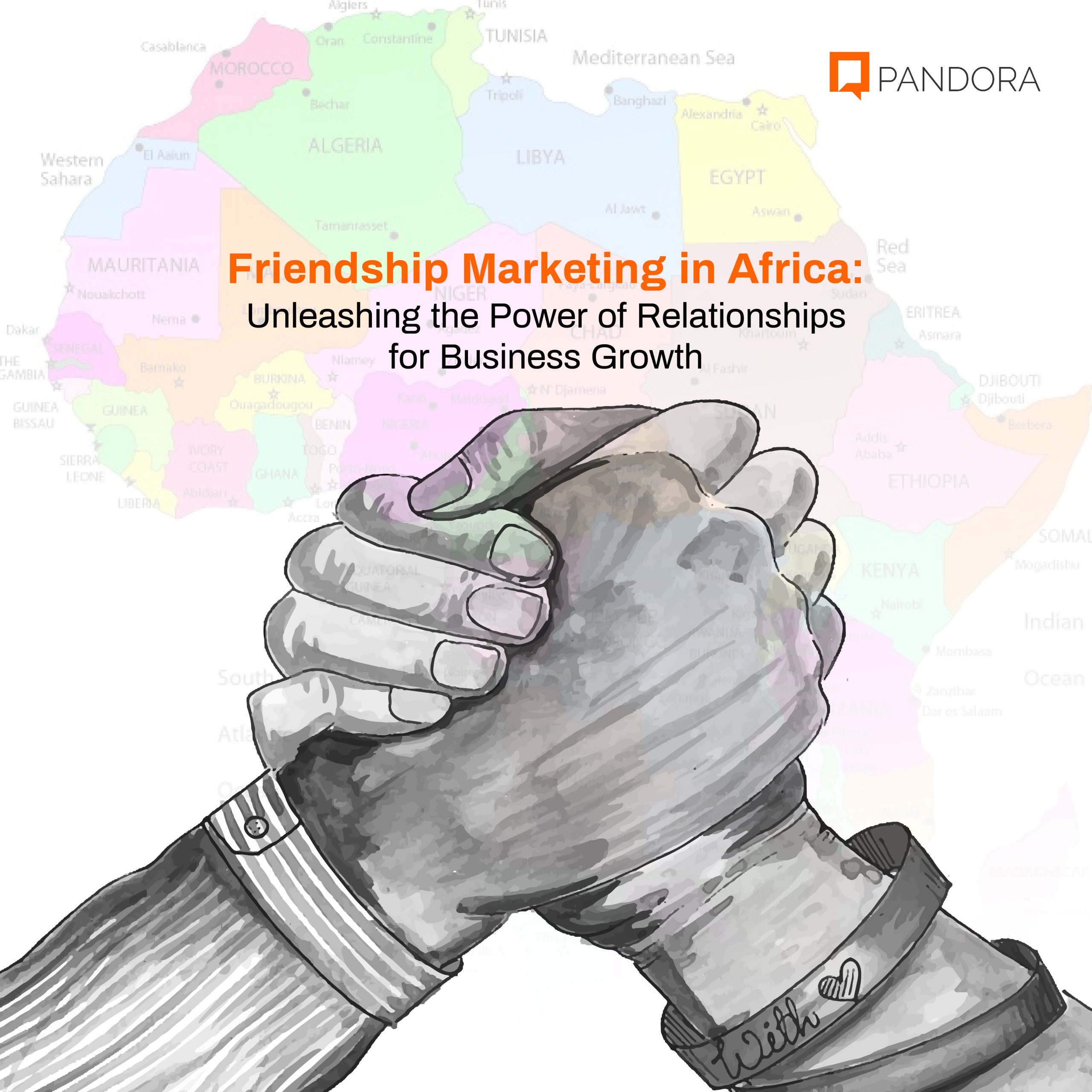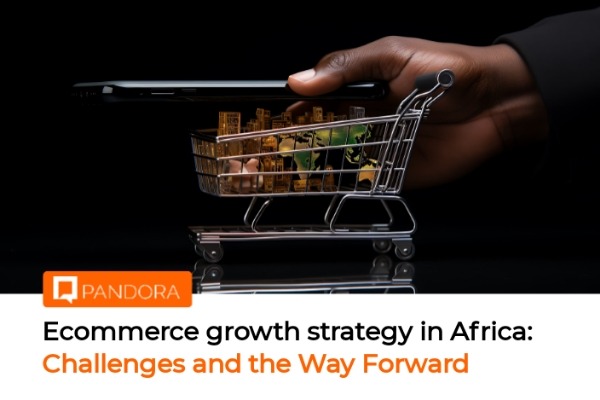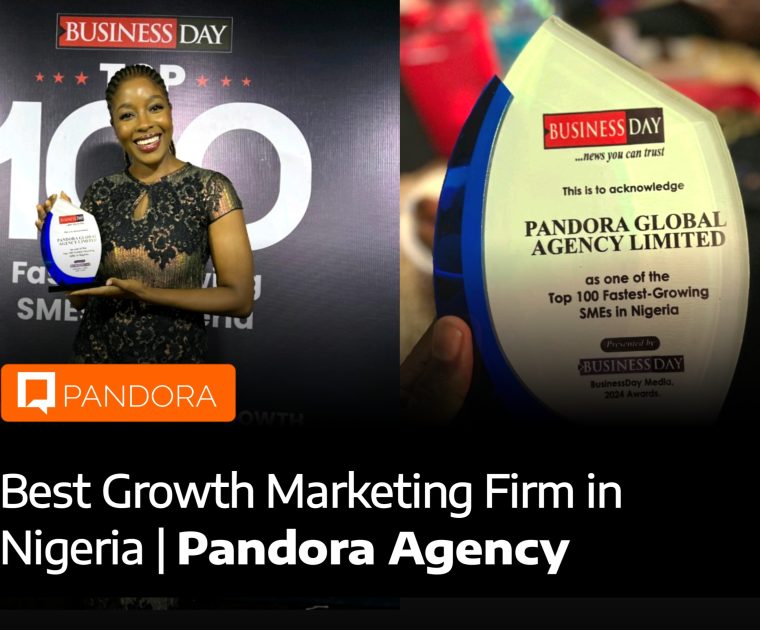Connecting with your customers and prospects on Facebook, Instagram, Thread, Twitter, WhatsApp, and every other platform that they engage with means one thing, which is your commitment to building relationships with them. There are different reasons for building relationships with customers, including brand awareness, sales conversion, and brand loyalty amongst your other business objectives. Prioritising relationship building to cultivate customer loyalty, trust, and advocacy is known as Friendship Marketing.
As good as friendship marketing is in the promotion of long-term business goals, it has its advantages and disadvantages. As you know, over familiarity breeds contempt and the struggle between businesses to attract the same target audience is stiffer day by day. In this article, we analysed the strengths, weaknesses, opportunities, and threats (SWOT) with real-life examples of friendship marketing for personal brands, product brands, social businesses and organisations.
But first, do you consider the relationship between you and your customers as friendship?
In African culture, great importance is placed on interpersonal relationships, which align with friendship marketing values. Building on this cultural strength, businesses can forge deeper connections with African customers, enhancing loyalty and brand advocacy. Examples of brands that are leveraging this marketing approach are GTBank (Guaranty Trust Bank), MTN, Dove, and Pandora Agency amongst others.
While you need people to showcase your products and services, you need to select carefully the right ones that will match your business needs and proselytise your business values for a long time, hence the advertising general sales funnel – attention, interest, desire, and conviction.
At Pandora Agency, we build friendships with our clients through our brand principles, including transparency, communication, and great customer service which manifests in our services and customer relations that have earned us quality referrals over the years. GTBank established a strong bond with its customers through initiatives like “You Read,” promoting literacy and education while reinforcing their friendship with the community. MTN promotes friendship with clients through its “What are you doing today” initiatives, which help them engage with the customers on a deeper ground, improving the customers’ sense of belonging and importance.
In the global sphere, Dove taps into the emotional aspects of Friendship Marketing by connecting with customers’ beauty pain points, countering stereotypes from other brands, and promoting positive body image. This has helped Dove to foster trust and loyalty. In fact, they are becoming another beauty benchmark globally with their Dove Real Beauty Campaign and Dove Self-Esteem Project Community. The success of this campaign as analysed by Global Brands Magazine yielded viral user-generated content with the hashtag #mydovemessages, a manifestation of its influence on the emotions of consumers. This automatically increases the target audience’s positive association and referrals for Dove Beauty products.
In Africa, where trust plays a vital role in business interactions and public image, personal brands and public figures like other businesses thrive on this friendship marketing through partnerships with industry leaders and setting active and straight records of engagement with the right people. This consistency in actions, messages, and engagement with the target audience translates to favourable treatment from their target audience, including scores of recommendations and nominations.
Undoubtedly, customers highly value recommendations from trusted sources, and friendship marketing can harness this cultural trait by nurturing genuine relationships that stimulate positive word-of-mouth marketing.
However, If organic referrals are not forthcoming, businesses can also incentivise customers to refer friends for exponential growth.
This leads to the major weakness, which is the capital intensiveness of friendship marketing. Friendship marketing is capital intensive and not cheap. It requires significant investments of time, effort, and resources. Businesses must allocate resources for personalised communication, customer engagement activities, and relationship-building initiatives to achieve desired objectives. Besides this weakness, maintaining personalised relationships becomes more challenging as businesses expand their customer base, and balancing individual attention and scalability is crucial to ensure sustainable friendship marketing efforts.
The weaknesses can be well managed when friendship marketing is properly planned with a measurable marketing agency like Pandora Agency as a partner agency. Friendship marketing holds significant potential for businesses operating in Africa’s vibrant markets. Leveraging cultural strengths, emotional engagement, and word-of-mouth potential can help businesses build stronger customer relationships, foster loyalty, and enhance brand reputation. However, businesses must also navigate challenges related to resource allocation, scalability, increasing competition, and data privacy concerns. By conducting a comprehensive SWOT analysis and tailoring friendship marketing strategies to the unique African context, businesses can forge enduring relationships, unlock growth opportunities, and thrive in the African marketplace.






Leave a Reply